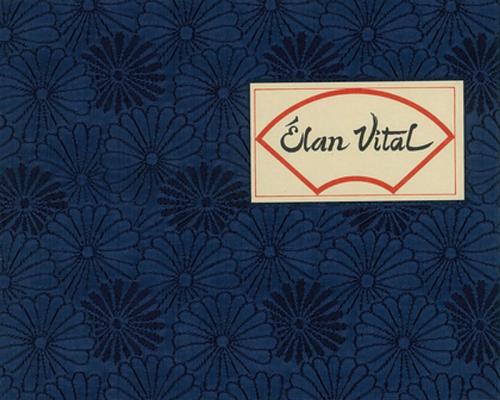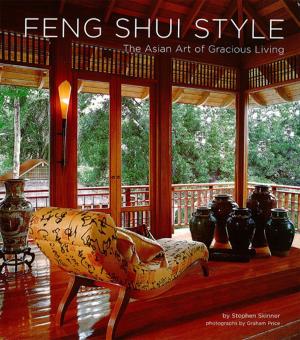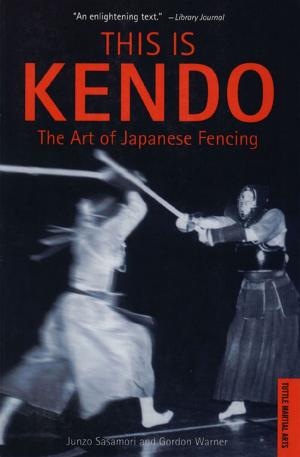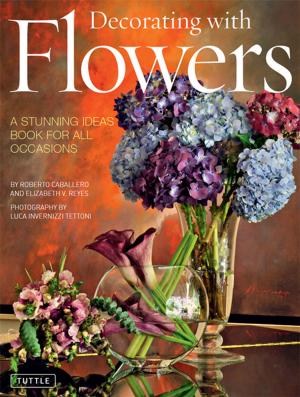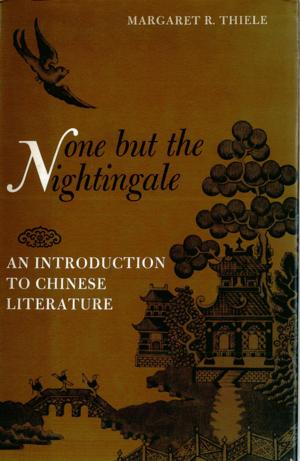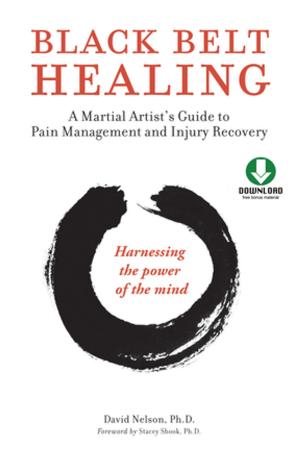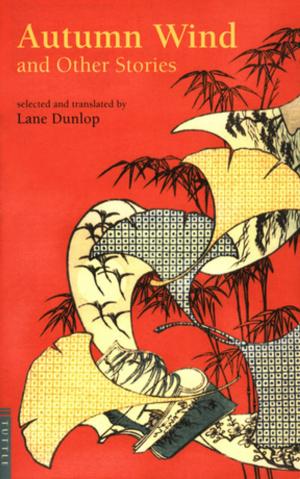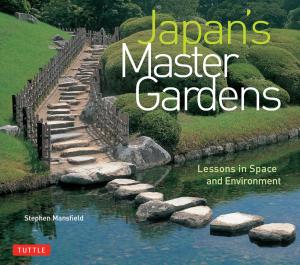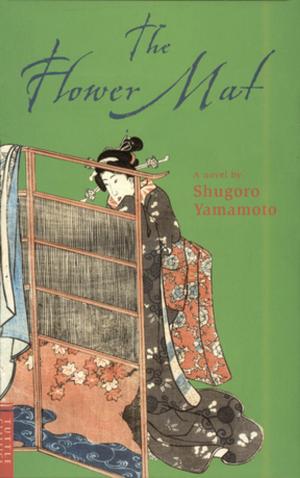Elan Vital Orient Poetry
A Chapbook of Oriental Poetry and Sumi-e Painting
Nonfiction, Art & Architecture, Art History, Asian, General Art, Fiction & Literature, Poetry| Author: | Charles B. Rodning, Charles Bernard | ISBN: | 9781462917792 |
| Publisher: | Tuttle Publishing | Publication: | December 15, 1989 |
| Imprint: | Tuttle Publishing | Language: | English |
| Author: | Charles B. Rodning, Charles Bernard |
| ISBN: | 9781462917792 |
| Publisher: | Tuttle Publishing |
| Publication: | December 15, 1989 |
| Imprint: | Tuttle Publishing |
| Language: | English |
This book of classic Asian poetry and ink brush paintings is an important piece of cultural history and a wonderful addition to any collection of Asian art and poetry.
With the creation of the Asian poetry and sumi-e paintings within this volume, the artist and author have attempted to convey their interpretation of the variety, beauty, and novelty of nature and human endeavor.
They would argue that the power of their work lies not only in what is explicitly conveyed, but what is implicit as a consequence of interpretation and extrapolation by the viewer. The latter must be receptive and interactive to achieve enlightenment and self-actualization.
It is their hope that through this work, the viewer also would become one with nature, as exemplified by the Japanese term kensho ("contemplation," or to "turn a Zen light on things"), as part of the process of their personal development toward complete insight and enlightenment. They wish for the viewer enrichment and ennoblement.
This book of classic Asian poetry and ink brush paintings is an important piece of cultural history and a wonderful addition to any collection of Asian art and poetry.
With the creation of the Asian poetry and sumi-e paintings within this volume, the artist and author have attempted to convey their interpretation of the variety, beauty, and novelty of nature and human endeavor.
They would argue that the power of their work lies not only in what is explicitly conveyed, but what is implicit as a consequence of interpretation and extrapolation by the viewer. The latter must be receptive and interactive to achieve enlightenment and self-actualization.
It is their hope that through this work, the viewer also would become one with nature, as exemplified by the Japanese term kensho ("contemplation," or to "turn a Zen light on things"), as part of the process of their personal development toward complete insight and enlightenment. They wish for the viewer enrichment and ennoblement.
